Pre-implantation Genetic Testing for IVF to be covered by Medicare
Parents who fear passing on their hereditary diseases to children will now get genetic tests covered by Medicare before they undergo IVF.
NSW
Don't miss out on the headlines from NSW. Followed categories will be added to My News.
People desperately hoping not to pass on their hereditary diseases to their children are breathing a little easier after news that genetic testing will now be covered by Medicare.
Those who are known carriers of genetic diseases such as cystic fibrosis, muscular dystrophy, spinal muscular atrophy, fragile X, neurofibromatosis and Huntington disease often use IVF to ensure their children are not affected but Pre-implantation Genetic Testing (PGT) costs $3000-$4000 each round.
After November 1, that will be fully covered by Medicare, sparing heartache and saving children’s lives.
PGT is carried out on five-day-old embryos so only chromosomally healthy embryos are implanted during an IVF cycle, maximising the chance of a healthy baby.
“Until now, people who know they are carriers of serious genetic disorders could only access these testing services if they were able to pay privately,” federal Health Minister Greg Hunt said.
The $95.9 million dollar scheme will allow parents to access PGT for free.
“Medicare funding will support individuals or couples who carry a risk of passing on a serious genetic or chromosomal disorder to their child for which there is no cure and which causes a severe limitation on the quality of life,” Mr Hunt said.
Rachael and Jonathan Casella set up Mackenzie’s Mission after their daughter Mackenzie passed away at just seven months of age in 2017 after being born with spinal muscular atrophy. Both her parents unknowingly carried the recessive gene.
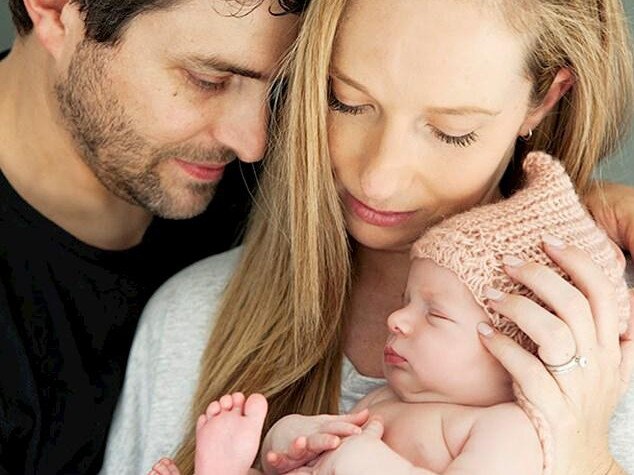
The Casellas launched a campaign in 2018 to push for preconception screening and free PGT.
The couple used PGT and IVF for their new baby Izaac to ensure he did not carry the gene that claimed his sister’s life.
“We all carry defective genes, and it can happen to anyone and it comes down to luck when you get together to have children,” Ms Casella said, adding she was thrilled with the decision.
“IVF is physically, emotionally and mentally draining as well as and financially. It was $900 per embryo to be tested, so just to take that away is good.
“We are about to do another round of IVF to see if we can have our last baby, we’ve already been though nine rounds so money for us is difficult, so it takes that little piece of financial burden away, it’s huge.”


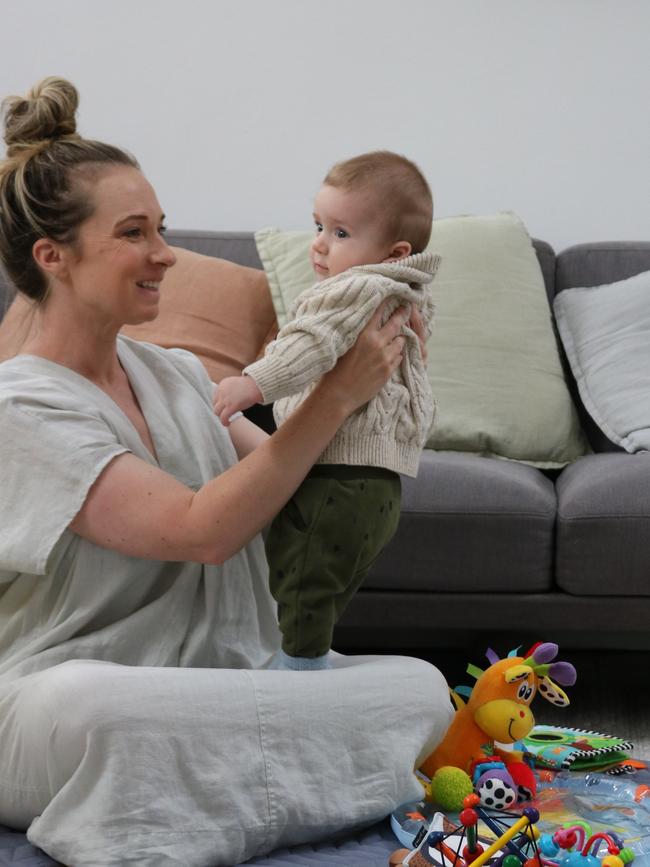
Most couples find out about these conditions after they have a baby with the genetic disease.
Geneticist and lead investigator with Mackenzie’s Mission Professor Edwin Kirk said the move was about equity.
“PGT is technically difficult to do and that means it is expensive. Until now there have been some people who would have liked to access PGT but simply have not been able to afford it. Now there will be equal access for any couple, it opens up the option for all couples,” he said.
Scientific director of Genea Steven McArthur, who pioneered the now standard PGT five day embryo test said the move was an “amazing outcome for patients who need to use PGT to prevent the passing of serious genetic diseases”.
“What is already a difficult process will be made less expensive and now more accessible to patients … it is a great use of Medicare resources,” he said.
Macy Fitzpatrick was born on October 16, 2019 but her parents Sammy and Tim did not know they both carried the WOREE gene. Within 12 hours, their perfect baby girl started having seizures.
Tests showed Macy had WOREE syndrome, which akes it extremely difficult to swallow food or liquid.
“We were told from about three months of age, with the severity of her seizures that she would likely would not live past two. She made it to 18 months and 27 days,” Mrs Fitzpatrick said.
“Every day was a struggle, she could not do anything and she could hardly move. She was peg fed, she had seizures and respiratory issues and choked on her saliva. Everything you can imagine, she had. But she knew love and loved cuddles,” she said.
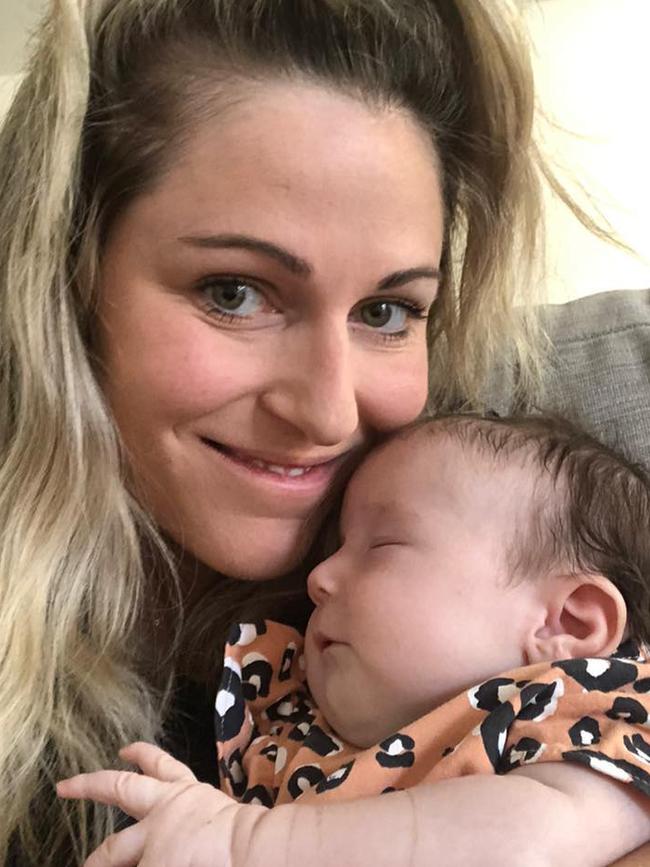
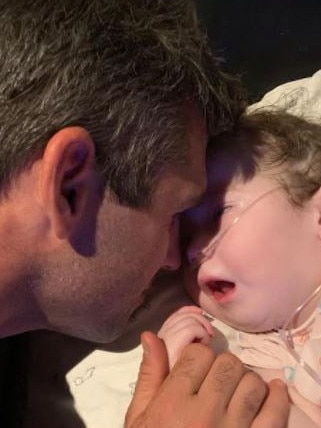
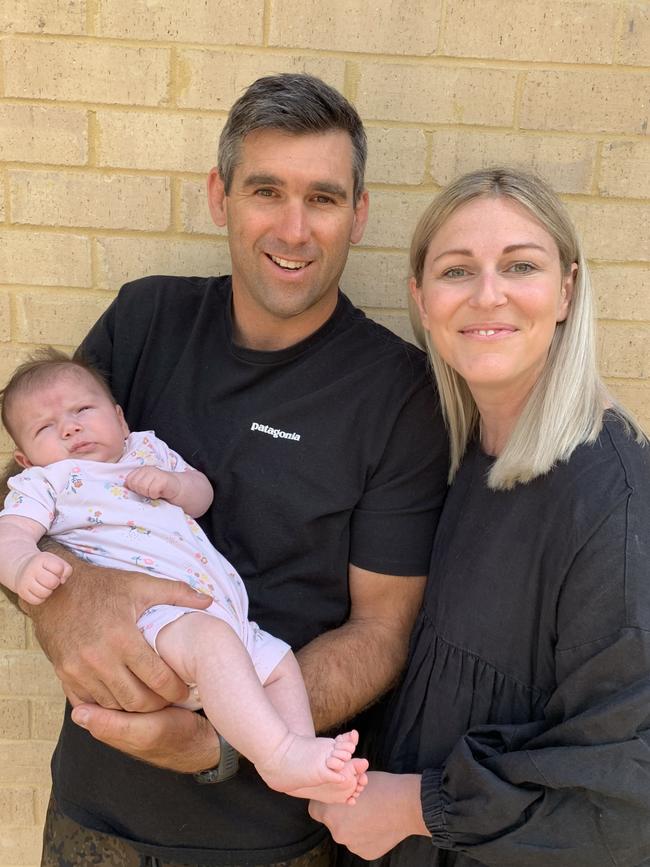
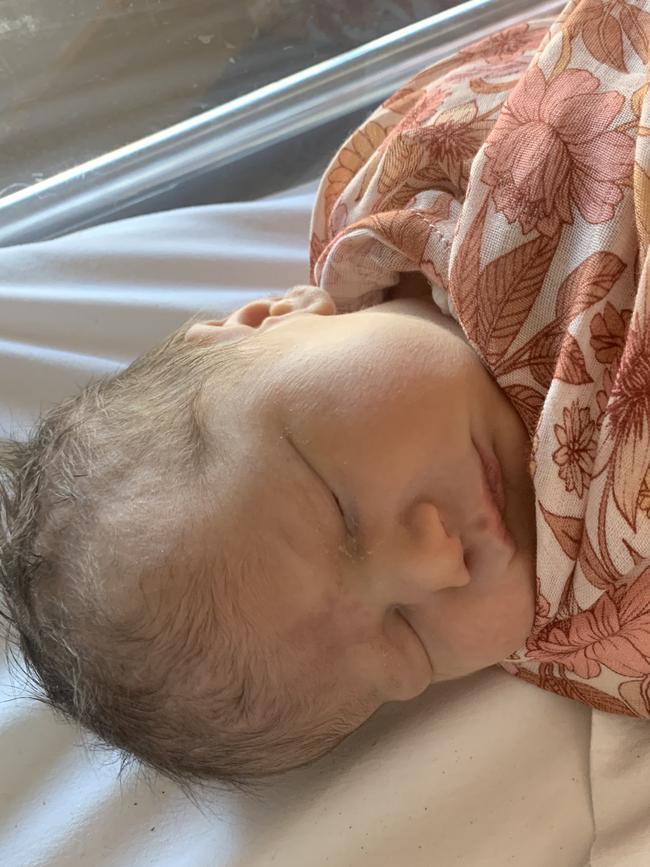
As both Macy’s parents carried the gene for WOREE, they had a one-in-four chance of passing on the condition, so they opted for IVF and PGT with Genea in Perth.
“We couldn’t endure the pain of bringing another baby into the world that would only live for less than two years. PGD was our only option,” Mrs Fitzgerald said.
Only one viable embryo was available for the test. Thankfully the embryo was not affected and resulted in a pregnancy in December 2020.
Macy died on June 13 aged just 19 months. Her sister Isla was born exactly three months later on August 13.
“She’s our little miracle because we only had one viable embryo and it worked,” Mrs Fitzpatrick said.
The couple welcomed the news the government will be providing greater support for PGT patients.
“I think it is incredible for other parents and one day down the track me and Tim would like to have another child and having the option there is amazing,” she said.




